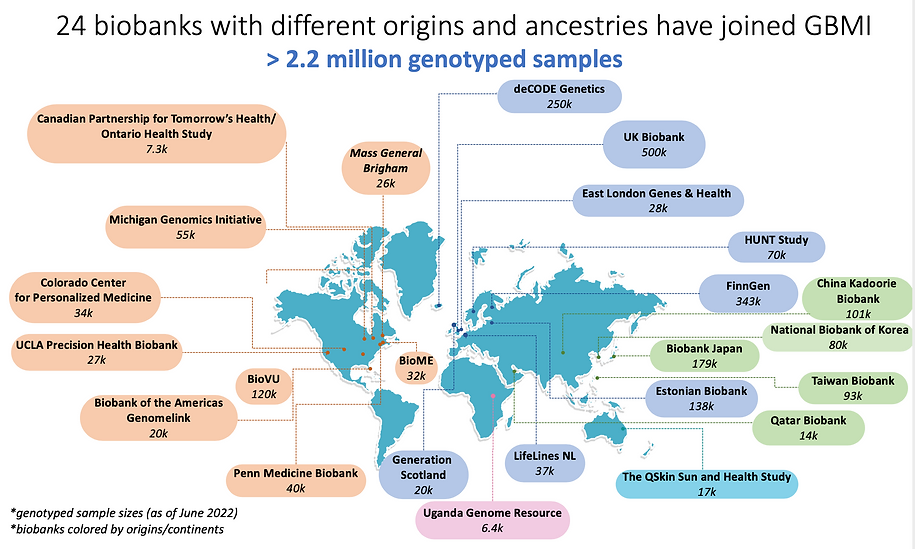Provincial Variation in Colorectal Cancer Screening Adherence in Canada; evidence from the Canadian Partnership for Tomorrow’s Health (CanPath)
Jul 24, 2023
Data from more than 158,000 Canadians, including almost 80,000 OHS participants, were used to examine why so few Canadians follow recommended screening guidelines for colorectal cancer, even though regular screening is shown to reduce incidents of the disease or death. Based on self-reported data from online questionnaires, it turns out only 47.7 percent of the OHS participants studied sought screening for colorectal cancer, well below the recommended national target of 60% or higher. Low physical activity, current smoking, presence of personal risk, and previous family history of being screened, significantly reduced the likelihood of following screening recommendations. Study authors sought to address a gap in knowledge regarding regional variation in screening uptake, what factors contribute to non-adherence, and to estimate the adherence to colorectal cancer screening among individuals with different risk profiles. Read more in Frontiers in Oncology.

Time spent in the sun and the risk of developing non-Hodgkin lymphoma: a Canadian cohort study
Jul 24, 2023
A study used data from almost 80,000 Canadians, including almost 6,000 OHS participants, to research the link between sun exposure and the risk of developing Non-Hodgkin Lymphoma (NHL). The research found that moderate daily exposure (30 minutes to two hours) was associated with a lower risk of developing this category of cancer. The authors noted this is one of the first studies to comprehensively examine the relationship of time spent in the sun, sun protection behaviors (such as wearing sunscreen, a hat or protective clothing) and risk of developing NHL. Read more

Global Biobank Meta-analysis Initiative: Powering genetic discovery across human disease
Jan 16, 2023
The OHS contributed genotyping data from 7,500 consented participants to a groundbreaking global initiative to research the underlying biology of human disease and disease traits.
As the largest contributor to CanPath, the OHS is the only Canadian study to be included in the Global Biobank Meta-analysis Initiative (GBMI), which to date involves genetic data from 2.2 million participants that have been collated and harmonized across 23 large biobanks on four continents.
This Cell Genomics article explains how genome-wide association studies (GWASs) were used across 14 biobanks to look at genotypes and phenotypes for 14 common diseases and endpoints. The OHS provided data on health outcomes (endpoints) including asthma, primary open-angle glaucoma (POAG), idiopathic pulmonary fibrosis, uterine cancer, thyroid cancer, abdominal aortic aneurysm, venous thromboembolism (VTE), acute appendicitis, COPD, pneumonia, heart failure, cardiomyopathy (hypertrophic, dilated), and stroke.
https://www.sciencedirect.com/science/article/pii/S2666979X22001410

Image source: Global Biobank Meta-analysis Initiative

